- MAISON
- LES INDUSTRIES
- LES INDUSTRIES
- La chaudière Fang Kuai offre à la demande, solutions de vapeur modulaires pour les applications industrielles et commerciales nécessitant de la vapeur de procédé pour la chaleur, stérilisation, humidification, et plus.
- DES PRODUITS
- CAS MONDIAL
- À PROPOS DE NOUS
- NOUVELLES
- CONTACT





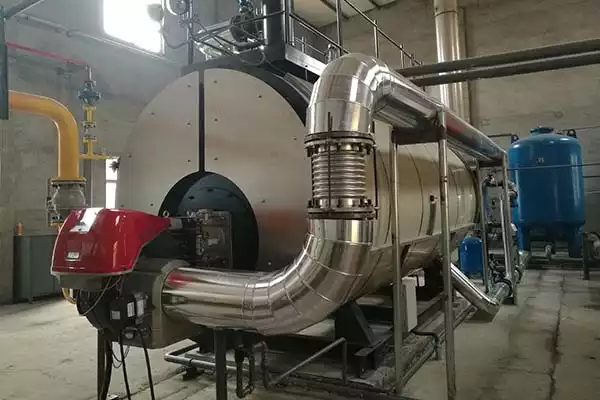
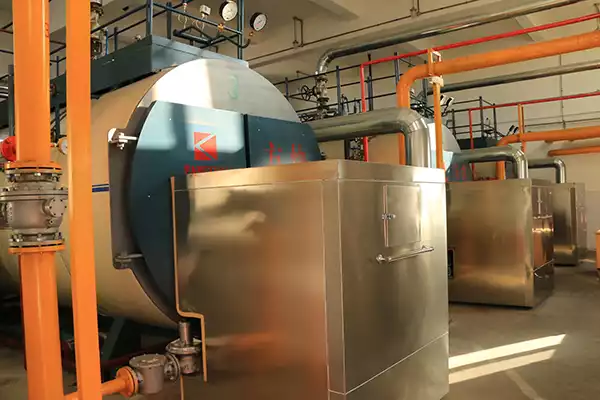
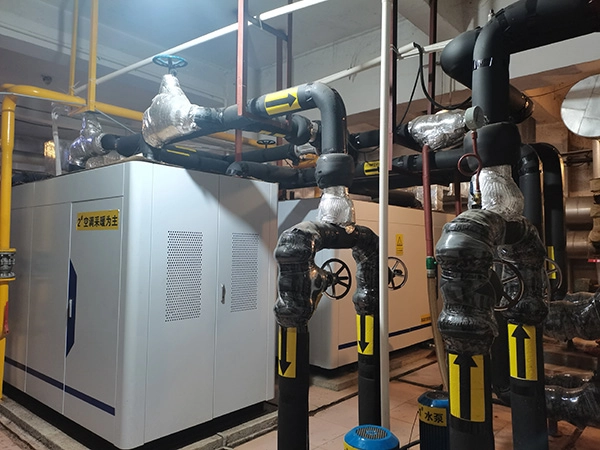
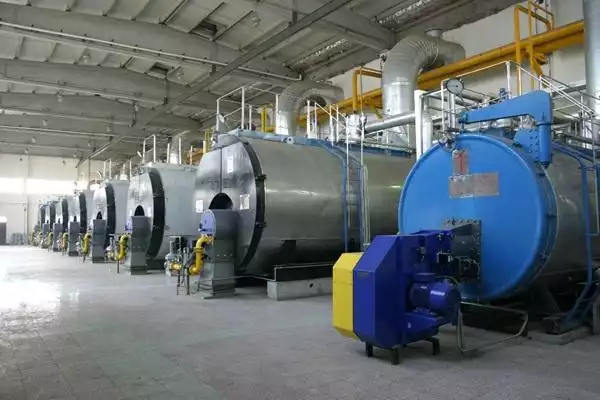
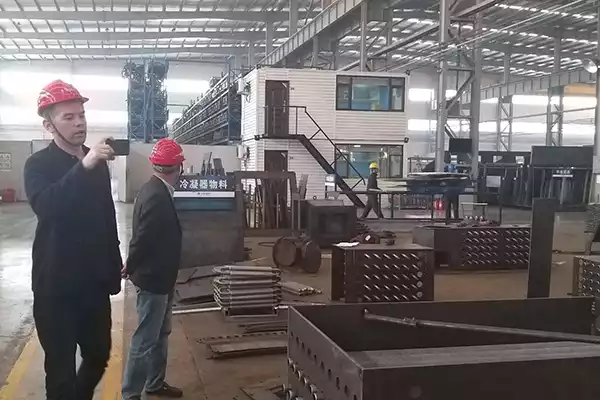
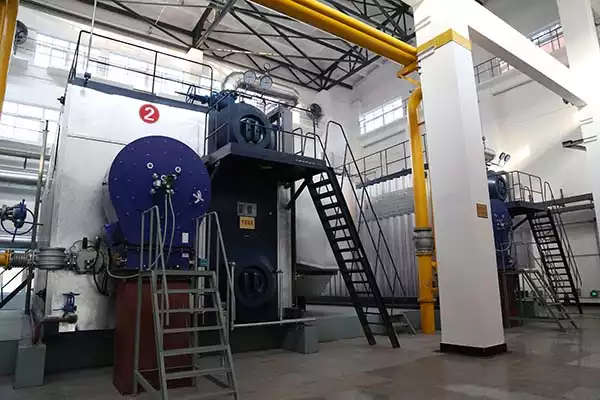
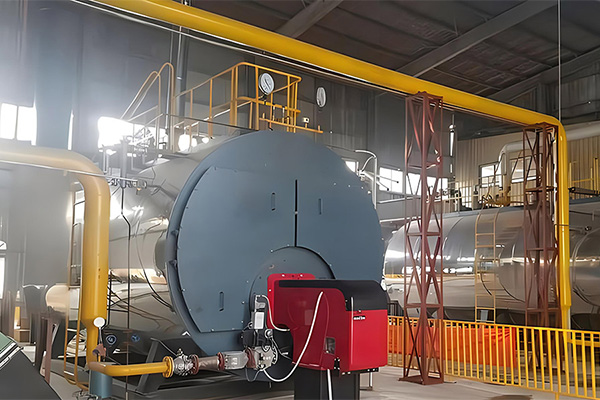
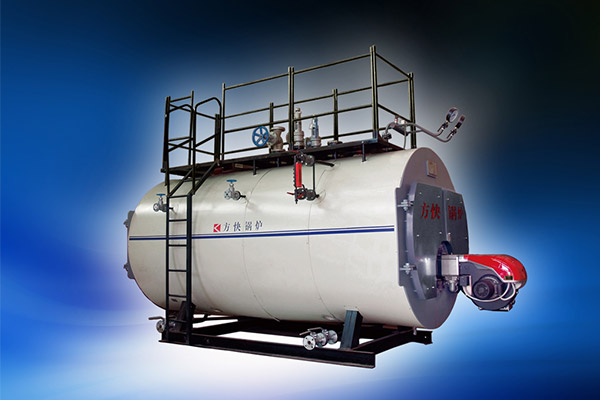
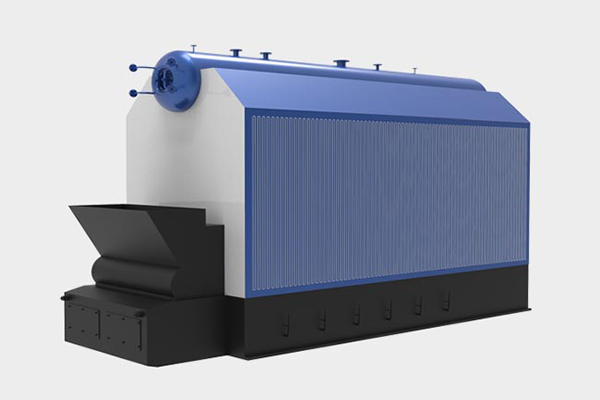
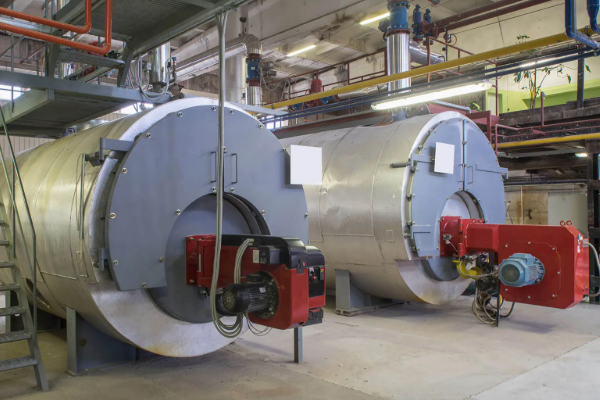

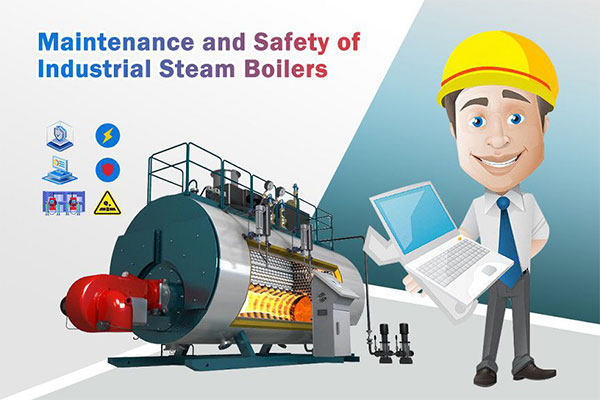
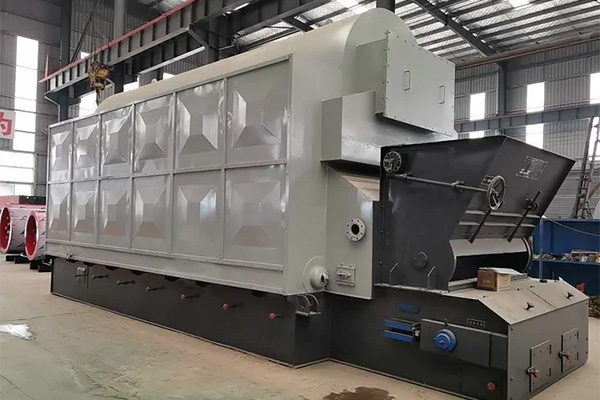
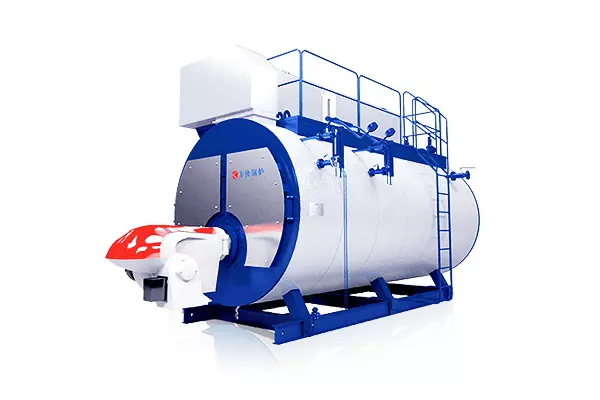
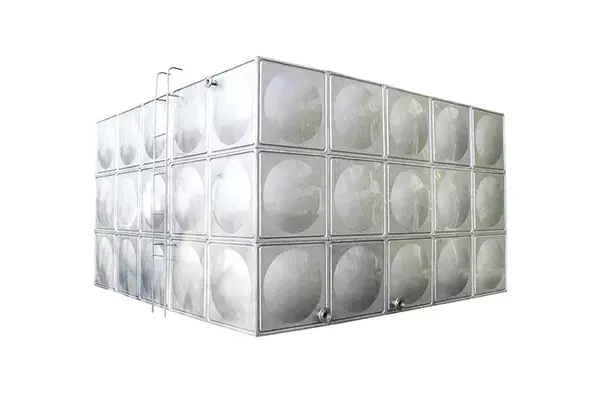
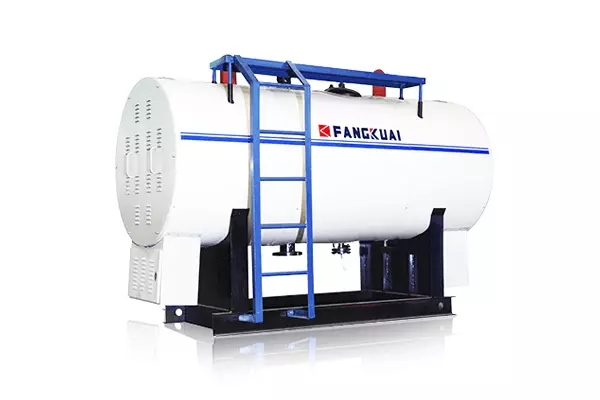
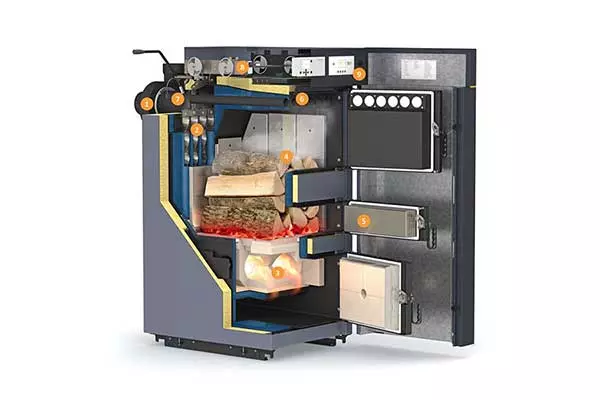



Vvoir les avis de nos clients
"Le générateur de vapeur de Fangkuai est parfait pour ma petite entreprise. Il est très facile à utiliser et nécessite un minimum d'entretien. Il est également très économe en énergie, qui m'a aidé à économiser sur mes factures d'énergie. Le service client de Fangkuai est également excellent. Ils sont très réactifs et toujours prêts à aider. Je recommande fortement les générateurs de vapeur de Fangkuai."
Ahmed
Egypte"Le service client de Fangkuai est de premier ordre. Ils m'ont aidé à choisir la chaudière parfaite pour mes besoins et m'ont fourni un excellent soutien tout au long du processus.. Le processus d'installation s'est également déroulé sans heurts et la chaudière a dépassé mes attentes. Il est très facile à utiliser et à entretenir, et l'efficacité énergétique est remarquable. Je recommande vivement les produits Fangkuai à tous ceux qui ont besoin de solutions de chauffage fiables et efficaces."
Juan
Mexique"La chaudière à eau chaude de Fangkuai est incroyable. Il chauffe rapidement et efficacement, et l'eau reste chaude longtemps. Nous n'avons jamais eu de problèmes avec et cela a considérablement amélioré nos opérations quotidiennes. Le processus d'installation s'est également déroulé sans heurts et le service client était excellent.. Je recommande vivement les chaudières à eau chaude de Fangkuai."
Sara
Canada"Les générateurs de vapeur de Fangkuai sont excellents. Ils sont très faciles à utiliser et nécessitent un minimum d'entretien. Le service client de Fangkuai est également exceptionnel. Ils sont très réactifs et toujours prêts à aider. L'efficacité énergétique des générateurs de vapeur est également remarquable, qui m'a aidé à économiser sur mes factures d'énergie. Je recommande fortement les générateurs de vapeur de Fangkuai."
Marie
Espagne"La chaudière à vapeur de Fangkuai est parfaite pour mon entreprise de transformation alimentaire. Il répond à toutes nos exigences et est très fiable. La qualité des matériaux et la construction de la chaudière sont exceptionnelles. Il est également très facile à utiliser et à entretenir, ce qui nous a permis d'économiser du temps et de l'argent sur la maintenance. Je recommande vivement les chaudières à vapeur de Fangkuai à tous ceux qui ont besoin de solutions de chauffage fiables."
Json
Brésil"La chaudière à eau chaude de Fangkuai est incroyable. Il chauffe rapidement et efficacement, et l'eau reste chaude longtemps. Nous n'avons jamais eu de problèmes avec et cela a considérablement amélioré nos opérations quotidiennes. Le processus d'installation s'est également déroulé sans heurts et le service client était excellent.. Je recommande vivement les chaudières à eau chaude de Fangkuai."
Sara
Canada"Les générateurs de vapeur de Fangkuai sont excellents. Ils sont très faciles à utiliser et nécessitent un minimum d'entretien. Le service client de Fangkuai est également exceptionnel. Ils sont très réactifs et toujours prêts à aider. L'efficacité énergétique des générateurs de vapeur est également remarquable, qui m'a aidé à économiser sur mes factures d'énergie. Je recommande fortement les générateurs de vapeur de Fangkuai."
Marie
Espagne"La chaudière à huile thermique de Fangkuai est très facile à utiliser et à entretenir. Cela nous a permis d'économiser du temps et de l'argent sur la maintenance, ce qui a permis de réaliser d'importantes économies. La qualité des matériaux et la construction de la chaudière sont exceptionnelles. Il est également très économe en énergie, qui nous a permis d'économiser de l'argent sur nos factures d'énergie. Je recommande fortement la chaudière à huile thermique de Fangkuai ."
Allen
Brésil"Je suis très impressionné par la qualité de la chaudière à eau chaude de Fangkuai. Il est construit pour durer et a dépassé mes attentes. Le processus d'installation s'est également déroulé sans heurts et le service client était excellent.. La chaudière à eau chaude est très facile à utiliser et à entretenir, et l'efficacité énergétique est remarquable. Je recommande vivement les chaudières à eau chaude de Fangkuai."
Jack
Australie